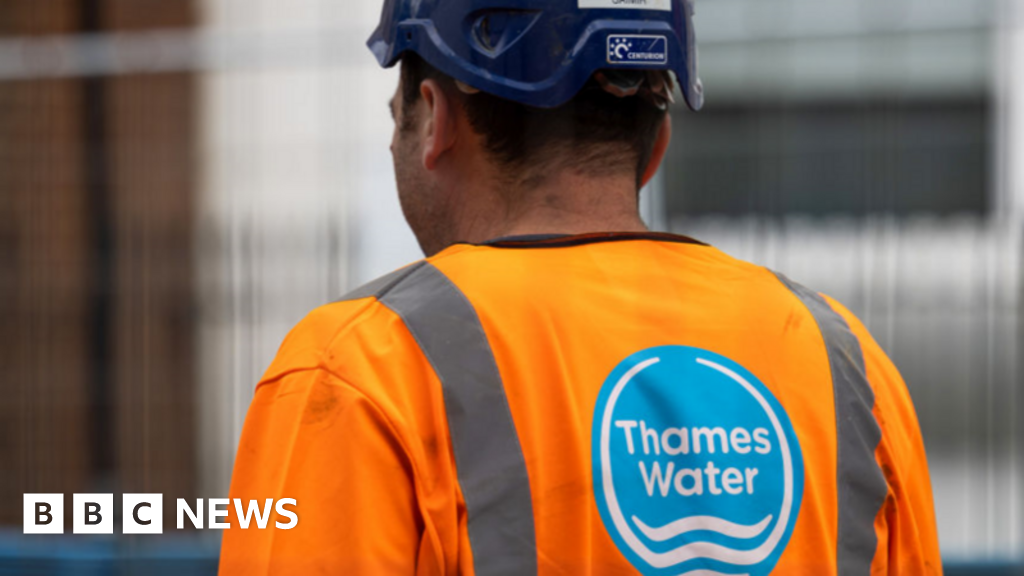ARTICLE AD BOX
Image source, Getty Images
The price of oil hit its highest level in more than seven years on Tuesday as traders worried that an attack on a fuel storage facility in the Middle East could affect supply.
A suspected drone attack by Yemeni Houthi rebels in the United Arab Emirates blew up three fuel tankers.
Three people were killed in the attack on Monday near Abu Dhabi airport.
A Saudi-led coalition retaliated with airstrikes on the Yemini capital of Sanaa, killing as many as 20 people.
The surging price of oil is also thought to be partly down to growing optimism for a speedy global economic recovery from the coronavirus pandemic, which would increase demand for the fossil fuel.
Concern about the attacks on the oil-rich state, twinned with expectations for a surge in demand, sent prices to their highest level since October 2014.
Brent crude, which is the international benchmark for oil prices, rose almost 1% to hit $87.22 a barrel. Price rises were even steeper in the US, where West Texas Intermediate crude increased by 1.3% to $84.89 a barrel.
Cost of living crunch
And there are already concerns that increases in the cost of oil could further contribute to a cost-of-living squeeze.
"Traders are eyeing the $100 per barrel mark for crude oil for the first time since 2014, with the perceived diminishing threat posed by Omicron to the global economy and supply constraints and disruption driving the black stuff higher," said AJ Bell's investment director Russ Mould.
"A rise in oil prices to a seven-year high and a continuing, though below inflation, rise in UK earnings has put the spotlight once again on inflationary pressures and a cost of living crisis," he added.
Mr Mould's comments followed news from the Office for National Statistics that the cost of living in the UK was increasing faster than salary rises, leaving people feeling poorer.

 3 years ago
39
3 years ago
39








 English (US) ·
English (US) ·